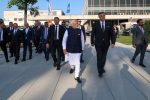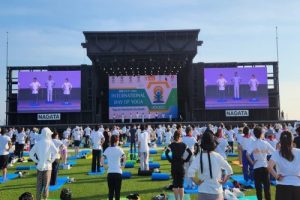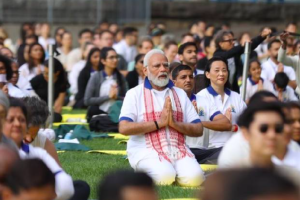Administering the respiratory syncytial virus (RSV) in older adults with underlying health conditions may be a cost-effective way to reduce disease, a modelling study showed on Monday.
While RSV infections are known to cause major illness, especially in infants, the rate of infection increases with age. It can be dangerous for older adults, especially those with certain medical conditions, and can cause serious complications like pneumonia, asthma, and chronic obstructive pulmonary disease (COPD).
There are now vaccines available to prevent disease caused by RSV in adults, and vaccination campaigns may reduce the incidence in older adults and associated health care costs, said the team of researchers led by the Public Health Agency of Canada.
In the paper published in the Canadian Medical Association Journal), the team created a model to assess the cost-effectiveness of vaccine programmes in various age groups with different medical risks.
They focused on adults aged 50 and older. They analysed a combination of age-only, medical risk–only and age-plus medical risk-based vaccination strategies. The strategies focused on adults were found to be more cost-effective
“We found that vaccination of older adults may be less costly and more effective than no vaccination and that vaccinating people aged 70 years and older with chronic medical conditions is likely to be cost-effective based on commonly used cost-effectiveness thresholds,” said Dr. Ashleigh Tuite, the Centre for Immunisation Programmes at the Public Health Agency.
RSV is likely to cause only mild symptoms similar to that of a common cold in the majority of people. However, for some at high risk, it can turn severe and even be life-threatening.
The US Centers for Disease Control and Prevention (CDC) recommends everyone ages 75 and older get an RSV vaccine.
The RSV vaccine is currently not an annual shot, meaning older adults do not need to get a dose every RSV season.

























Add Comment